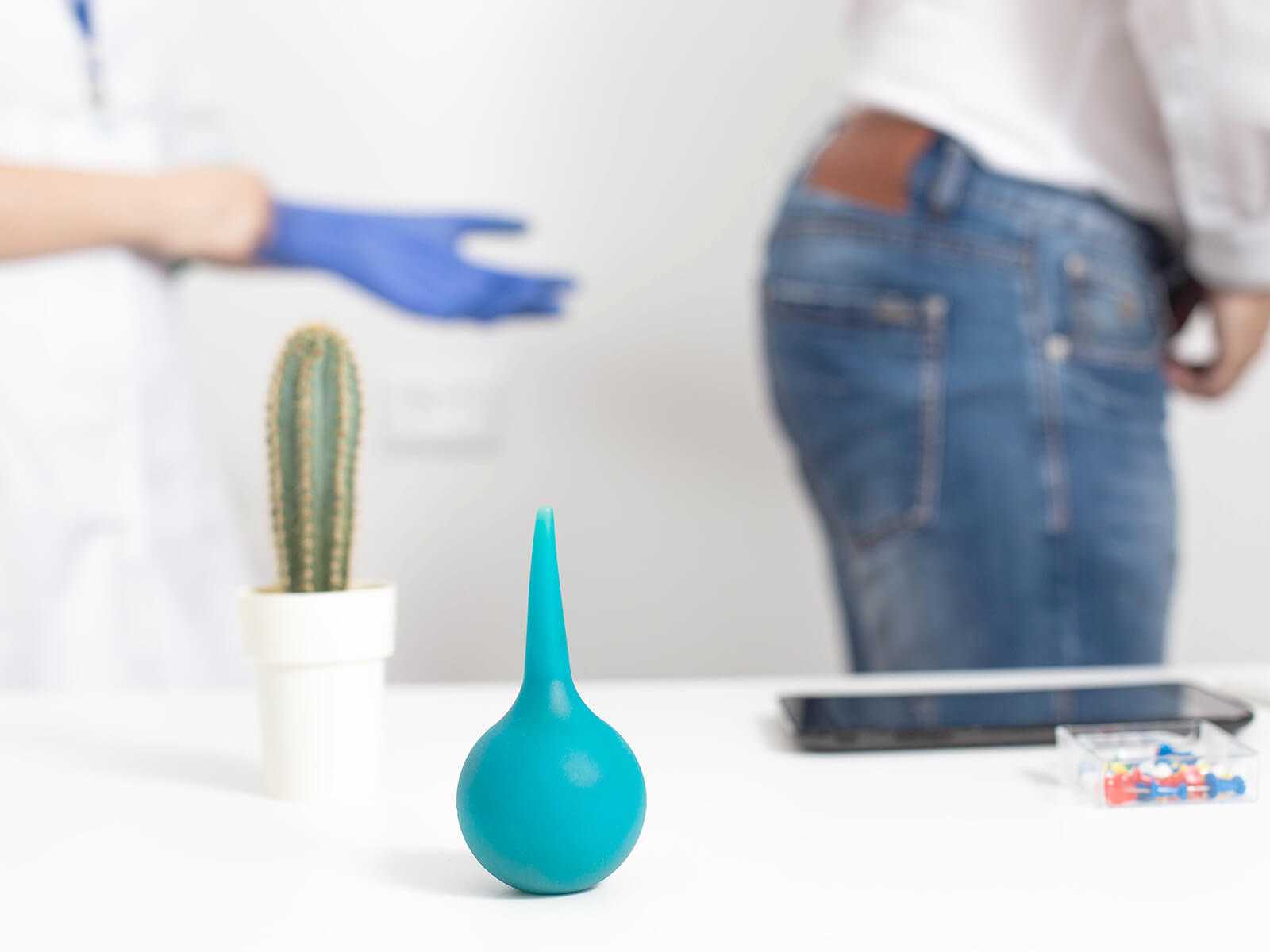
Rectal polyps are mushrooms that grow in the rectal luminal surface. Though most of the polyps themselves are benign, they can develop into cancer particularly those of adenomatous nature when not removed early enough.
In the majority of cases, the rectal polyps do not present any symptoms. The symptoms can be different but they can comprise:
Although it is not always clear what leads to the development of the rectal polyps, there are quite several factors that can put you at risk:
Our name is the GastroDoxs in Houston and we deal in early diagnosis and professional management of rectal polyps. Our endoscopic removal of polyps is safe, can be performed easily and comfortably as well as customized follow-up treatment which is state-of-the-art. We will role play to ensure that you remain healthy in colorectal conditions all your life by providing timely appointment booking system, and by communicating effectively, on how you can keep the colon rectum younger through our patient-centered philosophy. Book your appointments (usually) call or make an appointment through the internet to receive immediate, lid-over-liberal treatment.
We've successfully treated more than 4K patients, helping individuals improve their digestive health and overall well-being through expert, personalized care.
With over 20 years of experience, GastroDoxs has been a trusted provider of gastroenterology care, focusing on delivering the best outcomes for patients
Benign rectal polyps ICD-10 is K62.9. This code may be applied in seeking treatment in insurance and billing.
Most of the rectal polyps are benign and especially hyperplastic polyps. However, adenomatous as well as villous adenoma may progress to colorectal cancer in the case of untreated.
The rectal polyps is normally detected during a colonoscopy or flexi-sigmoidoscopy. The suspicious growths that have been identified during such processes can undergo biopsies or excision and be examined in a laboratory.
The most common ones include hyperplastic polyps (non-cancerous), adenomatous polyps (possibly pre-cancerous), inflammatory polyps (linked to bowel disease), and the villous adenoma (puts one at risk of cancer).
No. Polypectomy during colonoscopy is performed under a sedation process and, therefore, you will not receive pain in the process. Some slight cramping or soreness may be felt afterward but this is generally very easy to get rid of.
As a rule, the recommendation of follow-up colonoscopy is based on the amount, size, and type of polyps detected and the risk factors.
A high fiber and low saturation fats diet could also be helpful in ensuring that the risk of new polyps do not get into your body. The diet will not give an assurance of preventive effect, but this will help in the healthy growth of the colon as a whole.
Yes. A gastroenterologist is furnished with medical expertise and equipment to detect, remove and maintain a check of the polyps with maximum attention.
The adenomatous or villous polyp that was not treated can grow and later develop to colorectal cancer, over time. The key in the prevention of this development is the early identification and removal of the same.
GastroDoxs card is a marketing platinum company based in Houston, and can be contacted instantly to talk to a GI experienced doctor. Online reservation, and brief waiting are also availed to help you to make your booking or treatment on time.